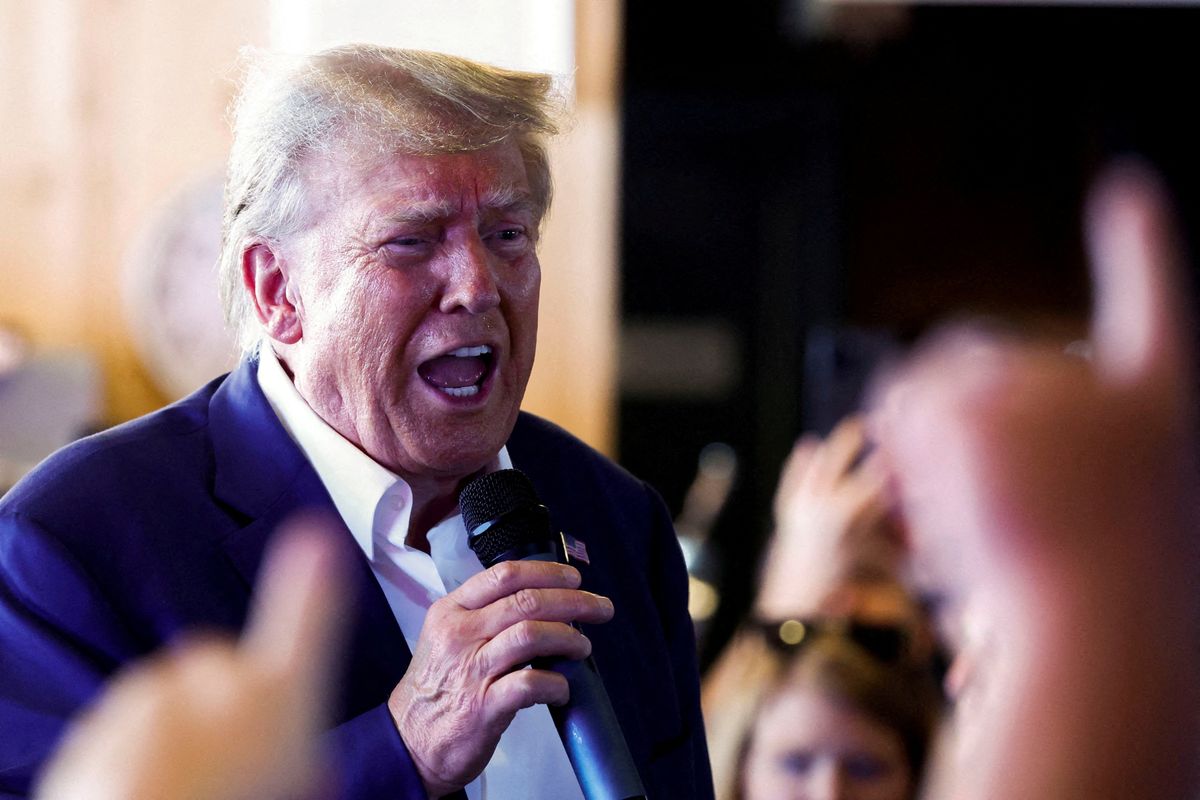Donald Trump and 18 others have been indicted by a grand jury in Georgia on allegations that they conspired to overturn the state’s 2020 election results. The former president responded on his social media platform, Truth Social, by promising to tell his side of what happened in Georgia during a news conference on Monday.
It's not surprising that Trump, who is now facing four criminal trials, would want to tell his side of the story. But whether he can do so without crossing any legal red lines or worsening his legal jeopardy is another story.
In response to the Georgia indictment, Trump also warned former Georgia Lt. Gov. Geoff Duncan against testifying, which could be perceived by the judge as a violation. Georgia law notably forbids a defendant from being released on bail if they pose a “significant risk of intimidating witnesses or otherwise obstructing the administration of justice.”
Trump’s posts also came just days after his judge in the DC-based federal election case, Judge Tanya Chutkan, warned him against saying anything – in person or online – that could interfere with that trial or intimidate witnesses. Chutkan warned Trump’s lawyers that she would have to expedite the trial to prevent jury tampering if Trump continued to make inflammatory public statements.
Meanwhile, prosecutor Fani Willis in Fulton County, GA, is hoping for a speedy trial timeline – she aims for it to take place within the next six months, meaning no later than mid-February. The other cases aren’t set to start until later in 2024.
But Willis’s case is much broader and has many more witnesses than the other three cases against Trump, which could make a quick trial difficult to pull together – especially since Trump's lawyers will try to delay proceedings.
The charges in Georgia are also potentially more consequential to Trump because the state has strict racketeering laws, which essentially allow prosecutors to link together different crimes committed by different people. And while Trump could theoretically pardon himself from federal convictions, he would be unable to do so if convicted of a state crime, like the one in Georgia.
Bottom line: The judges in all four cases will be paying attention on Monday and could use anything Trump says as a reason to expedite their trial, impose gag orders, or, in the Georgia case, deny Trump bail when he comes before the court sometime before Aug. 25.



















